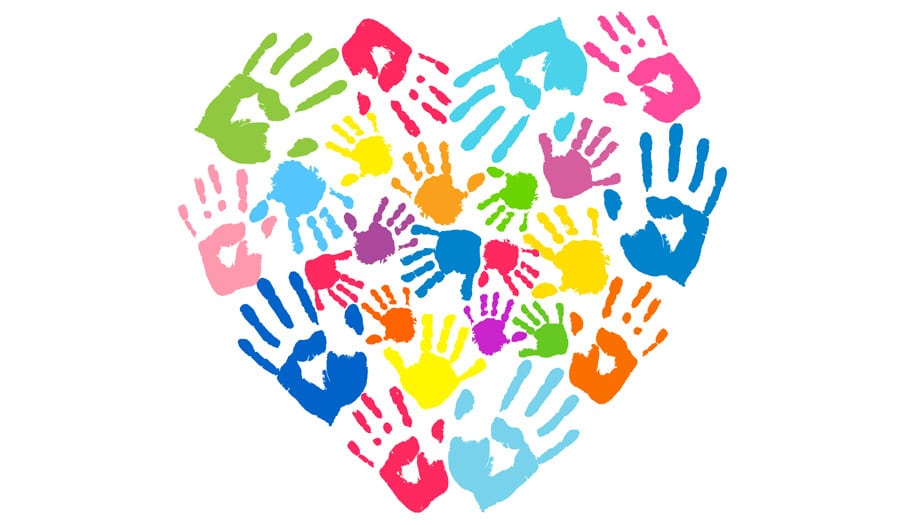
Think back to elementary school.
What were the most important rules in the classroom? You were asked to be a good listener. To be respectful of others. To try your best. To help one another. To be kind.
The things learned when we were 5 or 6 years old were lessons to carry throughout our lives. We learned to treat others how we would want to be treated. Each of us was given the foundation to be a good person, to contribute to a better society.
Of course, as we get older, these ideas become more complex. It becomes harder to be a good listener when someone’s feelings conflict with our own. We start to question if we should be kind or respectful to someone not treating us in the same way. We see others succeed who did not try their best, which discourages us from giving it our all.
We don’t always help, whether it’s because we are too busy, too distracted or just don’t care enough.
But what if we tried to return to the rules of our elementary classrooms? What if we decide to focus on how we act independent of outside forces, making decisions solely based on what we know is good and right? What if each of us was a better listener, a little kinder, more respectful?
What if everyone took the time to help one another?
We can’t control others. There will always be those who put themselves first. There will always be those who bully others to get what they want. There will always be those whose moral compasses are skewed.
But we can do better. We can act better.
We can be better.
And maybe when we choose to follow the simple rules of early childhood, the good we put out into the world will influence the not so good. Maybe – just maybe – we can inspire others to do the same.









